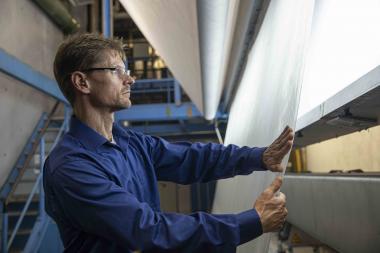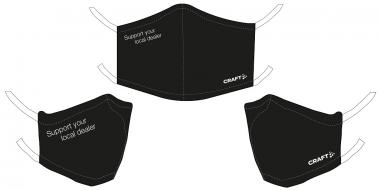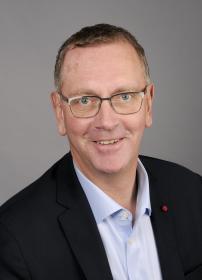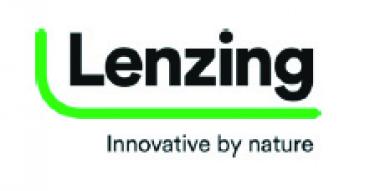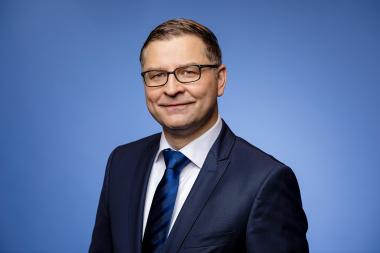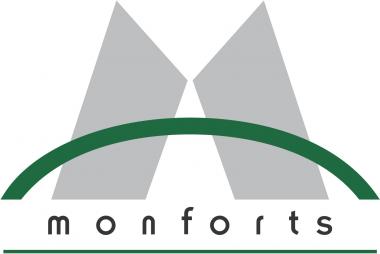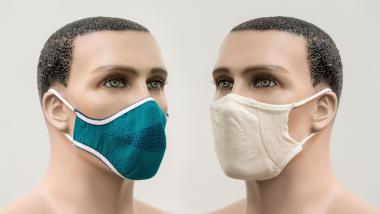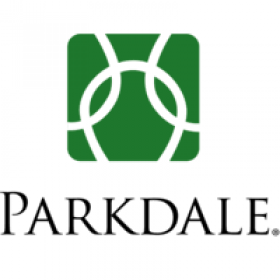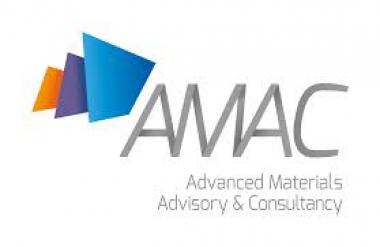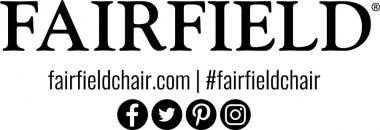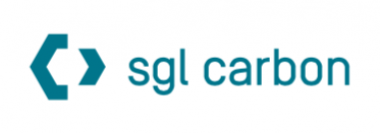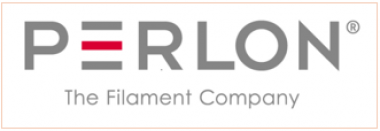Freudenberg startet Masken-Produktion
- In der Krise Kräfte gebündelt
Weinheim - Das globale Technologieunternehmen Freudenberg hat mit der Produktion von Mund-Nase-Masken für Endverbraucher begonnen. Diese sind ab dem 11. Mai unter dem Markennamen „Collectex“ – zunächst nur für Deutschland – im Vileda-Online-Shop und über Handelspartner der Geschäftsgruppe Freudenberg Home and Cleaning Solutions (FHCS) erhältlich.
In den vergangenen Wochen haben drei Geschäftsgruppen der Freudenberg Gruppe – Freudenberg Filtration Technologies, Freudenberg Home and Cleaning Solutions und Freudenberg Performance Materials – ihre Expertise in technischen Vliesstoffen, Filtermedien und Distribution gebündelt. Gemeinsam haben die Freudenberg-Spezialisten in kürzester Zeit eine eigene Maskenfertigung aufgebaut und zuerst die Freudenberg-Standorte mit den nötigen Mengen versorgt. „Ziel war es, unserer Verantwortung gegenüber unseren Mitarbeitern und der Gesellschaft gerecht zu werden. Wir haben schnell gehandelt, unsere Kapazitäten ausgebaut und in Produktionsanlagen für die Konfektionierung von Mund-Nase-Masken investiert“, so Dr. Mohsen Sohi, CEO der Freudenberg Gruppe.
Neben der Qualität der Masken ist Freudenberg eine faire und bedarfsorientierte Verteilung wichtig. Dies soll durch den Verkauf über den Vileda-Online-Shop und einer Maximalbestellung von
zwei Verpackungseinheiten pro Online-Besteller sichergestellt werden. Dies ermöglicht eine breite Streuung, so dass möglichst viele Menschen Masken erhalten können.
Die Produktion findet in Deutschland statt und läuft seit Ende April. Freudenberg Home and Cleaning Solutions vertreibt die Masken unter dem Namen „Collectex“. Im Gegensatz zu den inzwischen häufig vorkommenden industriell oder privat gefertigten Baumwollmasken werden die Freudenberg-Masken aus einem hochwertigen, dreilagigen Filtermedium hergestellt.
Dieses Filtermedium besteht aus hochtechnischen Vliesstoffen, die ebenfalls in Deutschland hergestellt werden. Die Materialien werden in neu angeschafften, sukzessive anlaufenden Konfektionierungsanlagen zu Masken weiterverarbeitet – zunächst für den deutschen Markt. Freudenberg plant, die Kapazität in den nächsten Wochen weiter auszubauen, so dass schließlich täglich rund eine Million Masken im Vierschichtbetrieb rund um die Uhr an sieben Tagen die Woche hergestellt werden können. Darüber hinaus liefert das Technologieunternehmen weiterhin Flächenware an professionelle Konfektionierungsfirmen und bestehende Kunden.
Derzeit laufen Vorbereitungsarbeiten, um auch in Nordamerika Masken für den dortigen Markt zu produzieren. Die Freudenberg-Geschäftsgruppe Japan Vilene Company fertigt seit jeher Masken für den asiatischen Markt, allem voran Japan. Allerdings unterliegen diese Produkte den COVID-19 geschuldeten Ausfuhrbeschränkungen der jeweiligen Länder.
Freudenberg & Co. KG


